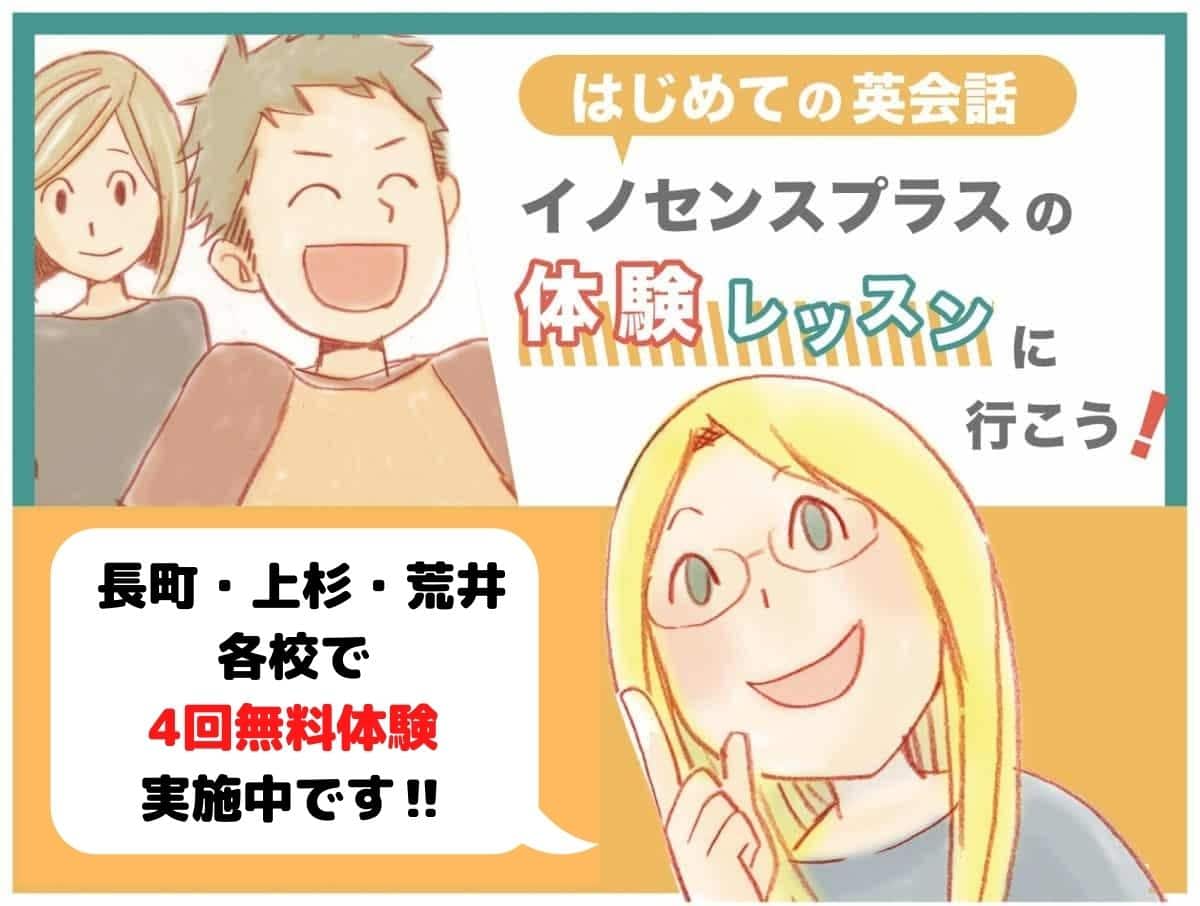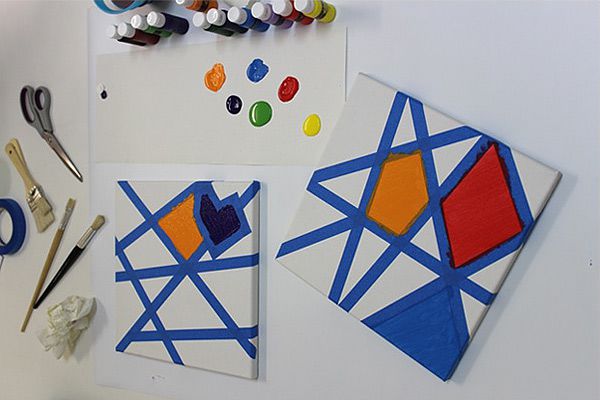Hi, everyone! It’s Caitlin!
Last week, I shared a few ideas on…
Today, I have a few more tips to help you stop translating what you want to say, and actually just say it!
目次
Tip Four: Listen to as much content as you can, and READ OUT LOUD
Music ♬ is very important to me. I love listening to my iPod or going to concerts and festivals, and in university I used to go to karaoke once a week! It’s a great way to both learn vocabulary and practice speaking (singing). Other people enjoy movies, TV dramas, news programs, and radio shows. All of these teach us natural, fluent English. Find the media that’s best for you, and start listening to how native or experienced speakers communicate.
Another thing to do is practice reading out loud. When you study, silent reading is important because you can focus on the meaning. But if you want to be able to use the new vocabulary or grammar, you should read out loud (and repeat!). By doing that, you train your brain and muscles to produce natural language without having to make the sentences yourself.
ドラマでもラジオでも映画でもいいので、自分の好きなメディアを選んでたくさん聞きましょう。まずは、どうネイティブが会話しているかを聞くことから始めてみましょう。そして、声に出して繰り返し読んでみましょう!自然な英語の習得に役立ちます。
Tip Five: Use an English – English dictionary
These days, I never leave the house without my smartphone. It has so many uses — but one of my favorite apps is the dictionary. No matter where I am, if I hear I new Japanese word, I can check the meaning in English immediately. How about you? Do you use a dictionary at home, work, or school?
If you want to break your translating habit, it’s time to stop using your dictionary! Or rather, you should stop using a Japanese-English dictionary. Get (or install on your phone) an English-English dictionary so you can start thinking about new words in English as soon as you learn them. It will also help increase your vocabulary.
One of my favorites is Merriam-Webster’s Learner’s Dictionary Online because it’s so easy to understand. For example…

皆さんは辞書を使っていますか。Caitlinは知らない日本語を聞いたらすぐに調べるようにしているようです。
但し、頭のなかで翻訳する癖を克服するために、英英辞書を使ってみましょう。
ボキャブラリーも飛躍的に増えますし、この習慣を続けることでいつの間にか英語で考える癖がつきます。Caitlinのおすすめは、Merriam-Webster’s Learner’s Dictionary Onlineです。上の「cat」の例でも分かるように、分かりやすい英語で書かれています。
Tip Six: Use English synonyms or draw pictures in your notes instead of writing the Japanese definition
Since our goal is to think in English, we should stop translating new words in our notes, too! Instead, use synonyms or pictures to help you remember a new idea. If this is your first time to hear the phrase, “It’s a hassle!”, instead of writing めんどくさい in Japanese, you should write, “trouble, difficult, too much time, etc.” in English. Or draw a picture of yourself washing the dishes.
分からない単語が出てきた時、同意語や類義語、もしくは絵を書いて覚えてみましょう!例えば、「めんどくさい」の英訳は“It’s a hassle!”ですが、“trouble, difficult, too much time”等と書いて覚えましょう。もしくはお皿を洗っている絵など、自分がいつも面倒だと感じているものの絵を書いてもいいですね。

Tip Seven: Concentrate!
Learning how to think in another language is hard! It doesn’t happen in one day, one week, or even a month. When speaking with others in English, you need to focus on using only English in your head, and remind yourself again and again not to think in Japanese, French, Russian, etc. That’s OK! You can do it!
最後になりますが、母国語ではない言語で考えることは大変なことです。一日や一週間で習得できるものではありません。英語で会話する時は、英語で考えるように頑張ってみましょう。そして、日本語で考えないよう繰り返し自分に言い聞かせましょう。
この7つの習慣を続けることで、あなたの英語力は確実に伸びます。
必ずできます。頑張りましょう!!
「体験レッスンは今すぐ受けないけど、なんとなく気になる」
「子どもがまだ小さいから数年後の入会を考えている」
「取り急ぎ費用などについて知りたい」
そんな方は、こちらのLINEにご登録ください。
1、2ヶ月に一度スクールや英語学習についての情報をお届けします




